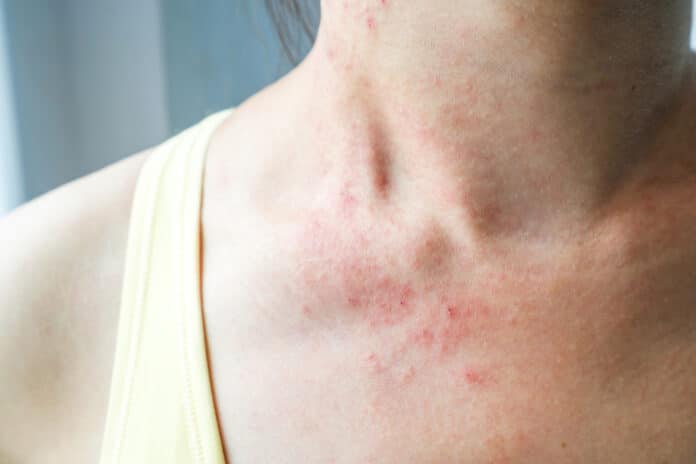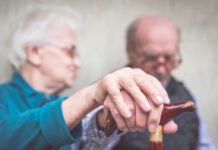
When a person has leukemia, their bone marrow creates abnormal blood cells. Although the disease can damage any blood cell, it mostly affects white blood cells (WBCs), which play an important role in warding off infection and illness.
This article describes what leukemia is and how it affects your body.
What Is Leukemia?
Leukemia occurs when your bones get crowded with cancer cells, and you start to feel pain in your marrow. It causes pain! This pain often occurs in the long bones of the arms and legs and the sternum or ribs. In some situations, this pain can start from the nerves near the spinal cord because cancerous cells are growing around that area.
There have been isolated cases when leukemia’s effects on bone density caused bone fractures. This is more widespread in bones supporting your body weight, like the spine, pelvis, and thigh.
How Leukemia Affects Your Daily Life
Emotional and Psychological Health
The disease and its treatment can potentially have emotional and psychological consequences for patients with leukemia. So, giving emotional support and serving as a psychological backbone can help people battling leukemia improve their quality of life.
Heart Health
The disease and its treatment can potentially have emotional and psychological consequences for patients with leukemia. So, giving emotional support and serving as a psychological backbone can help people battling leukemia improve their quality of life.
Brain Health
Dealing with leukemia means you’ll go through situations when you can’t breathe very well. This can occur if the body is not receiving enough oxygen due to a lack of healthy blood cells. To compensate for this deficiency in oxygenated cells, your body may force you to take shallow or rapid breaths.
Thymic leukemia cell clustering is another symptom of T-cell acute lymphoblastic leukemia. This immune-supporting gland is located under your breastbone, and you may find breathing difficult. You may also find yourself coughing, wheezing, or struggling to breathe.
Skin Health
Rashes and bruises may appear on your body when you have leukemia. As leukemia worsens and your platelet count drops, you may also experience an increase in how easily you bruise.
Capillary rupture is another complication associated with leukemia. This can cause tiny pinpoints of red or purple, called petechiae, to form on your skin.
Leukemia can lead to an extremely pale complexion in addition to bruising and broken capillaries, resulting from an inadequate number of red blood cells in the body



















